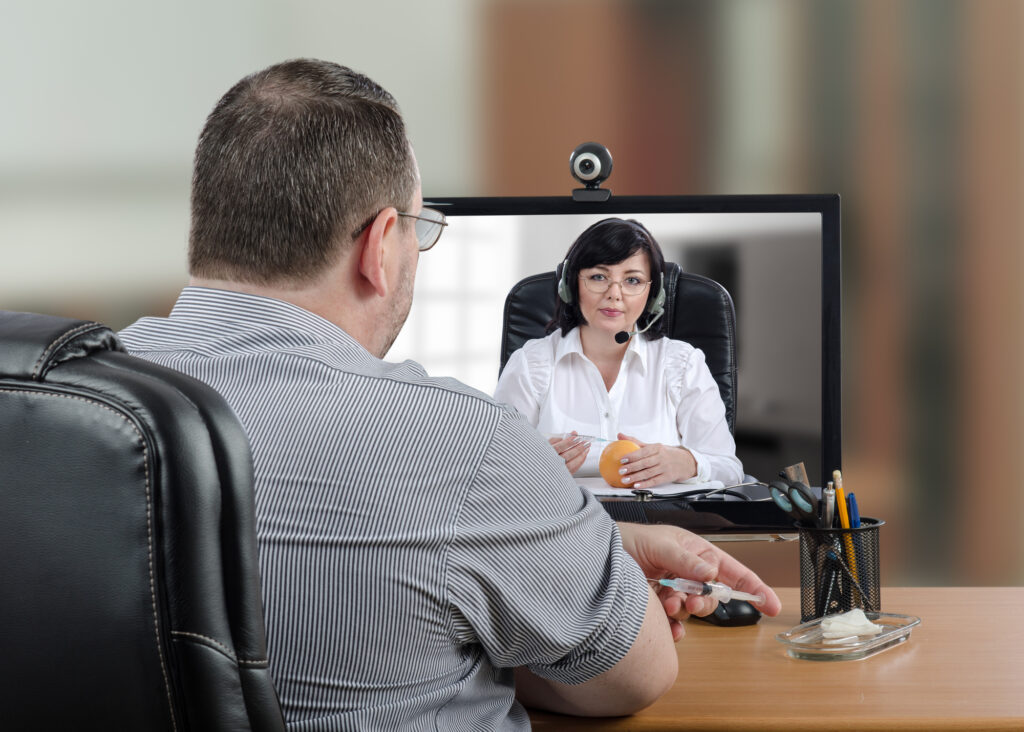Improving rare disease diagnosis and shortening diagnostic journeys
Why do I need a remote second opinion for a rare disease diagnosis?
Rare disease misdiagnosis is common. Many rare disease patients find themselves seeing multiple doctors, specialists, and medical teams before receiving a correct and accurate diagnosis. At the same time, many rare disease patients are stuck or stranded in a diagnostic odyssey that can take years to resolve and complete.
A second opinion for a rare disease diagnosis can open up new avenues for a correct diagnosis and consequently help make sure patients receive the information, support, treatment, and care their rare disease and medical conditions demand.
It can speed up diagnosis time, offer the opportunity for a more accurate diagnosis, and ensure patients receive the right care faster.
It also provides patients with more potential information about their disease and condition that enables them to fight for better care.
What is a remote second opinion for a rare disease diagnosis?
A remote second opinion takes place with a specialist or medical professional over a connected device or platform. This means that it does not occur in a hospital or clinical setting, nor does it take place in a professional or specialist’s office. It means that patients can access medical appointments from the comfort of their own homes via a video messaging or communication platform.
Health and telegentics platforms and options are revolutionizing how patients access a second opinion. They are breaking down barriers to specialist care that often prevent accessibility to this care. Patients in remote areas can avoid long journeys and travel times to access counseling and care.
Remote health services make diagnostic and medical services accessible even to those without the specialists necessary available within traveling distance. They help both patients and medical professionals save time and valuable resources when looking for and giving a second opinion.
What are some of the best remote second opinions for rare diseases?
When it comes to rare diseases, a fast and accurate diagnosis is crucial to improving an affected individual’s quality of life and health. A remote second opinion should shorten a patient’s diagnostic journey time and reduce the risk of a wrong diagnosis.
In recent years the advancement of AI technology and specifically facial analysis software has opened up a new avenue of remote second opinion possibilities. Now, from their own homes, potential rare disease patients and their families can access a genetic analysis and diagnostic tool from FDNA Health that identifies the possible rare diseases (from the markers and facial features of a patient) and connects patients to a network of genetic counselors and geneticists to provide not just a one-second opinion but a comprehensive and detailed analysis and diagnosis.
The best remote second opinion platforms and options make a misdiagnosis a thing of the past while connecting patients to the medical professionals and support (including genetic counseling) they need to ensure that while they may have needed a second opinion, they won’t need a third opinion or more to receive the correct diagnosis they need.



